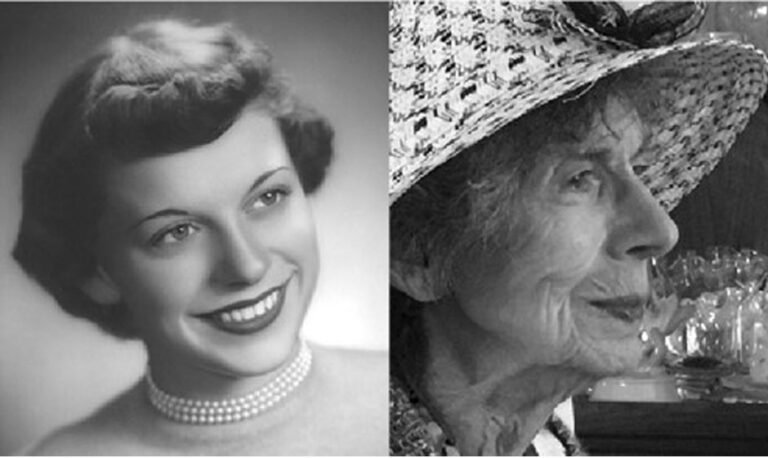In March 2015, the nation was horrified by a chilling crime that shook the community of Ohio. Deasia Watkins, a 22-year-old mother, pleaded guilty to the murder of her 3-month-old daughter, Jayniah Watkins. The heinous act of decapitating her baby brought the spotlight onto the Deasia Watkins case, sparking intense media coverage and public discussions. In this article, we delve into the details of the case, the role of postpartum psychosis, and the impact it had on those involved.
A Tragic Incident
Deasia Watkins faced a litany of charges, including first-degree murder, tampering with evidence, and abuse of a corpse in connection with the death of her infant daughter. The news of such a gruesome act spread rapidly, capturing the attention of various media outlets, with articles, videos, and documentaries devoted to understanding the circumstances that led to this tragedy.
The Legal Proceedings
Following her guilty plea, Deasia Watkins was sentenced to 15 years to life in prison for her crime. Prior to her plea, she had originally entered a not guilty plea by reason of insanity, highlighting the possibility of underlying mental health issues. However, after undergoing psychiatric treatment, she was deemed competent to stand trial.
Postpartum Psychosis and Mental Disorders
It was during the trial that Deasia Watkins’ mental health came into focus. She was diagnosed with postpartum psychosis, a rare but severe condition affecting approximately 1 in 500 new mothers. Postpartum psychosis is characterized by hallucinations, delusions, and extreme mood swings, which can lead to self-harm, harm to the infant, and in extreme cases, suicide.
Red Flags Ignored
Before the tragic incident, authorities were aware of Deasia Watkins’ mental instability and considered her a threat to her child. As a result, the baby was placed in the temporary custody of an aunt, and social workers explicitly warned the aunt to keep Deasia away from the child unless they were present. However, the tragedy unfolded when it was discovered that Deasia had moved into her aunt’s home about a week before the murder, and social workers were unaware of this development.
Online Platforms and Public Reaction
In the digital age, the Deasia Watkins case resurfaced as a trending topic on platforms like TikTok and Reddit, generating significant discussions about the case, the trial, and those involved. In the aftermath, some YouTube commenters expressed sympathy for the 3-month-old victim and hoped that the aunt could find forgiveness for her mistake.
A Dispatcher’s Insensitive Behavior
One point of contention arose from the 911 call made by a distressed woman reporting the tragic incident. Viewers criticized the dispatcher for lacking empathy and common sense, suggesting a need for better training. Many sympathized with Deasia Watkins’ son, who handled the dispatcher respectfully and managed to remain level-headed during the distressing call.
The Impact on the Family
The tragic incident deeply affected those involved, including the aunt who was entrusted with the baby’s care. Some commenters shared personal encounters with Deasia, expressing surprise at her seemingly normal appearance and behavior. This highlighted the complexity of mental health conditions, which can often be hidden behind a façade of normalcy.
The Need for Improved Support and Awareness
The Deasia Watkins case underscores the urgent need for improved identification and treatment of postpartum psychosis and mental health conditions in new mothers. Additionally, the incident raises questions about the accessibility of support services for at-risk mothers and the importance of adhering to court orders designed to protect vulnerable children.
Conclusion
The tragic tale of Deasia Watkins serves as a stark reminder of the devastating consequences of untreated mental health issues, particularly postpartum psychosis. It brings to light the importance of support and empathy for new mothers facing mental health challenges. As society learns from this heart-wrenching case, efforts must be made to strengthen mental health support systems and raise awareness to prevent such tragedies in the future.








